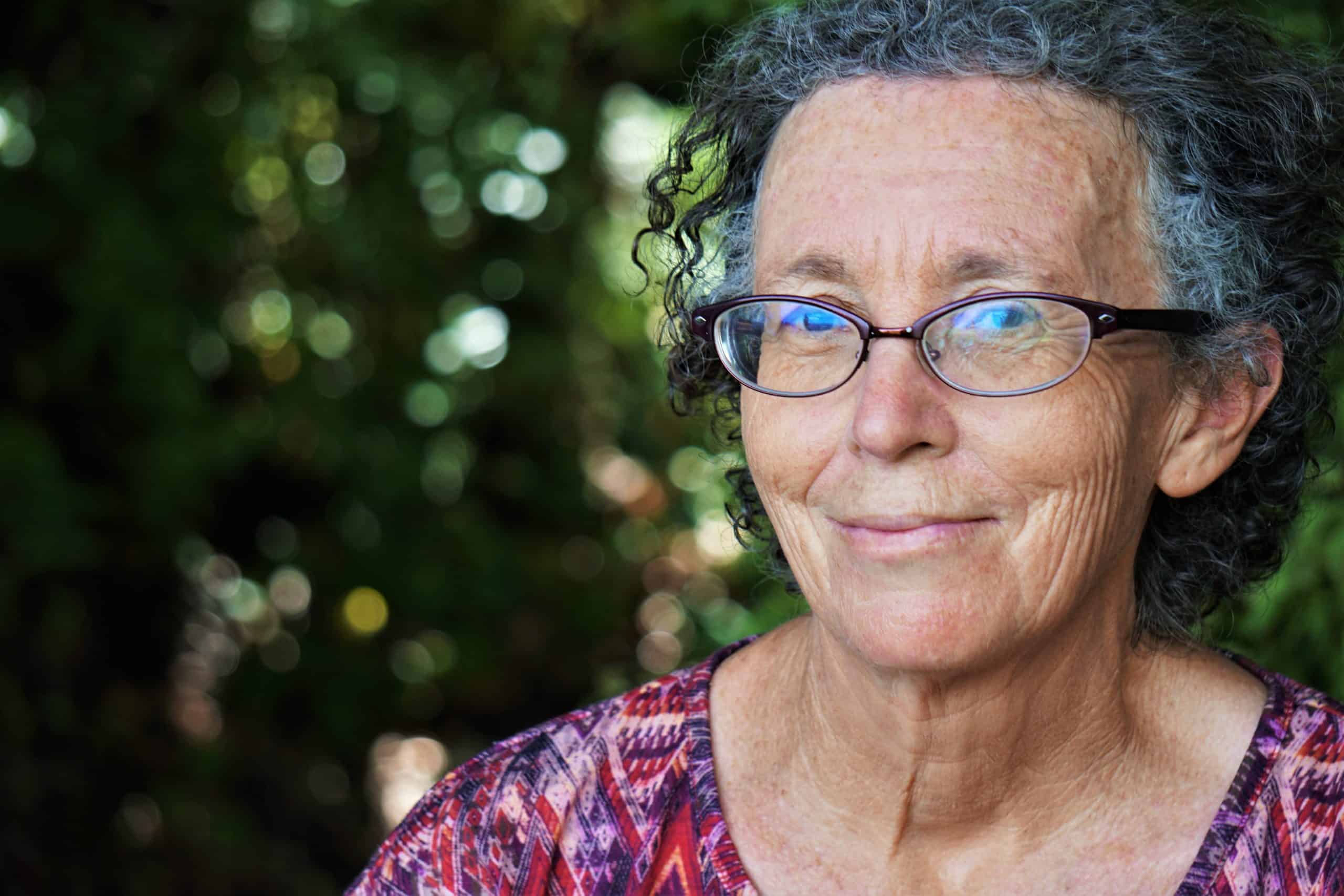Cancer survivors may find they have mobility issues that endure beyond remission. Cancer and treatments can cause various issues pertaining to pain, gait, and balance that may last, causing long-term physical limitations. Mobility aids and devices can help, restoring mobility and overcoming these obstacles.
Cancer and its treatment course can cause issues related to holistic health, including mobility. It is estimated that around 25%–35% of cancer patients experience problems with limb weakness, gait disturbance, lack of balance, and other mobility issues that can impact everyday activities, like walking. Add to this, fatigue and dizziness often caused by cancer treatments and medications, and patients may be at a significant fall risk. There are some ways to counter these side effects, including the use of mobility aids.
If you are a cancer survivor, here is what you should know:
Cancer and Mobility
Cancer is a word that nobody wants to hear, let alone be diagnosed with. The repercussions of cancer are vast and include long-term issues related to mobility, from very slight to quite severe.
If you are currently a patient diagnosed with some type of cancer, you could be experiencing issues related to your mobility. These may be temporary, or you may find that you struggle for years to come. These side effects stem from pain in the joints or muscles, stiffness, malnourishment, medications, anxiety, and the disease itself, especially if it metastasizes.
Furthermore, your challenges related to mobility could be symptomatic of soft tissue sarcoma, a specific type of Cancer that impacts muscle, fat, blood vessels, nerves, tendons, and joints. When you are immobile, you are at a higher risk for pneumonia and other infections, which could be extremely dangerous for those with compromised immune systems. Immobility also causes blood clots, which can be lethal. Difficulty with mobility can put additional stress and pressure on the spine, resulting in pressure wounds as well as long-term chronic back pain.
It is easy to see why it is so imperative that Cancer patients maintain and preserve their mobility during and after cancer treatments, as much as possible. Mobility aids can help extend physical abilities, support reach, and improve gait so that patients are able to move about safely.
Some specific mobility aids that may help include these:
- Scooters and wheelchairs for smooth and independent transfers.
- Portable ramps that are easy to install, as well as to take with you on the road.
- Reaching tools and grabbers that can extend reach and help to reduce the risk of a nasty fall.
- Grab bars near sinks, doors, and commodes to help provide sturdy support, as needed, whenever needed.
- Shower and bath seats can help take a lot of the worry and risk out of bathing, as most household falls occur in this room of the home.
- Stairlifts can help the user live their life fully, without fear of ascending or descending stairs.
The overriding goal of such aids is to maintain mobility and to help the patient preserve autonomy and freedom of movement as much as possible. There are also devices, including ceiling lifts, that can provide help and support to the caregiver. These aids can protect them from injury as they provide care and assistance to patients.
Treatment-Related Issues
While Cancer wreaks havoc on your body, the treatment used to kill cancerous cells can also come with a slew of side effects and symptoms. Hopefully, most of these issues will decline and subside over time, they can present challenges and difficulties with everyday life. Some of the specific issues caused include:
- Fatigue
- Disturbances or disruptions in sleep
- Chronic pain
- Nerve issues
- Edema, and swelling
- Inflammation
- Hot flashes or chills
- Respiratory issues or difficulty breathing
- Vomiting, nausea, gastrointestinal distress
- Changes and challenges related to appetite
- Infection
- Issues related to bleeding
- Compromised skin and nail health
- Bowel or bladder issues
- Changes in vision
- Changes in hearing
- Difficulty with speech or communication
- Mobility issues or impairment
- Altered physical appearance
- Premature signs of aging
- Seizures
While not all these symptoms are related to mobility, there are some that could be treated and alleviated with the care and discretion of your medical provider. Talk to your practitioner or physician to learn more.
Observe National Cancer Survivor Month in June
National Cancer Survivor Month in June provides a platform for patients and survivors in the US to connect and network, bringing awareness and disseminating information pertaining to this disease. The purpose of the observance is to demonstrate that there is life after a cancer diagnosis.
Are you a Cancer survivor? If you have lasting effects of cancer or its treatment that impact your mobility, talk to the team at Pacific Mobility. They offer reputable, reliable, and quality mobility equipment to suit your needs and to overcome physical limitations that impede everyday living. Call or visit today!
President, Husband, Father, Grandfather Graduate of UC Davis- Bio Sci Major- Go Aggies! Jeff has extensive experience in all of Pacific Mobility’s products and services, and specializes in accessibility products as well as stairlifts, ceiling lifts and custom wheel chairs. His hobbies include spending time with family, gardening, mountain biking, exercising and off road motorcycle riding.
24 years as Owner/President of Pacific Mobility Center – selling, installing, and servicing stairlifts, porch lifts, ceiling lifts, pool lifts, handicap ramping, specialty wheelchairs, scooters, power wheel chairs, and other power mobility devices
Certified Environmental Access Consultant since 2008
Licensed General Contractor since 1998
Certified Aging in Place Specialist since 2016
Board Member for Home Access Professionals
Member of Association of Members of the Accessibility Equipment Industry (AEMA)




